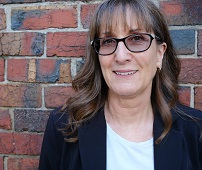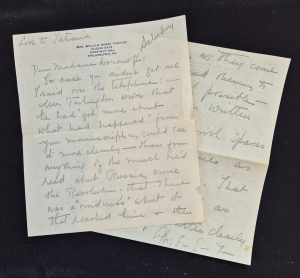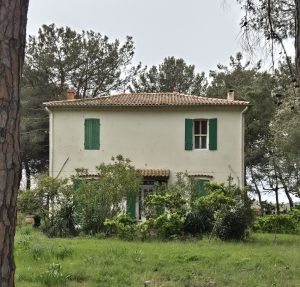Fear is swirling around the world like one of those amazing dust storms you can see from miles away as it whirls its way toward the very ground you stand on. Suddenly you find yourself coughing and spluttering from the gritty air and you realise you haven’t brought your washing in and the white sheets will now be more of a reddish hue. Even after the dust has moved on its way, you must put in a huge effort to clean up the mess it left, not to mention rewashing the sheets.
Much of the world is now watching as a giant fear storm encompasses areas and even countries, leaving its dirty residue in its wake. Much of the world is worried and fearful. None of us want to find ourselves in the middle of the storm when it hits.
Dust storms are common in arid and semi-arid regions. I have never heard of a dust storm occurring in a forested area. The same can be said of fear. In my humble opinion (I’ve always wanted to use that phrase…) fear only grows in places where people feel marginalised and disenfranchised – the arid places. Fear doesn’t seem to have much of a hold in strong communities, where everyone looks after both their friends and their neighbours.
I am not saying there are no evil people in this world, that terrorist groups would cease to exist altogether if we all joined hands and sang “Kum ba yah”. I think we all know it is not likely that terrorism, or any other crime, will ever be eradicated so long as people exist who are greedy for power and money. But it has been well documented in the media how the random acts of terrorism in various countries are usually perpetrated by disenfranchised youth who feel marginalised. These are the young people who live in a society they can never hope to be a part of. They are the ones we generalise and exclude. We don’t ensure they receive a great education – great, not adequate, we don’t look after their emotional needs, we don’t listen to them, we turn our backs and hope someone else will look after them.
Is it so difficult to understand that, when one is excluded from society they will look around for somewhere else they can belong? We all want to be a part of something – a family, a friendship group, a community – and we all want to feel as if we are an important part of something. As long as there is exclusion, poverty and life is a constant struggle, there will be terrorism and crime.
You might wonder what we, as lone citizens of our society can do. You might think we have no power to change the way others feel. You might be of the opinion that the world is going to hell and all we can do is watch.
But I believe we can begin by building stronger communities, by caring for our neighbours as well as our friends, by being more inclusive and accepting people who might not be the same as us, by making them feel an important part of our society. We can also lobby governments for better education for everyone, not just a select few. We can demand investment in new technologies, such as solar energy, which would create more jobs. We can make sure our governments know we want more equality and less poverty.
And we can smile at those who cross our paths. A simple smile is both welcoming and reassuring. It shows you accept the person you are smiling at. There is no fear in a smile.
Let’s start building communities and societies, just as one might plant a forest.



